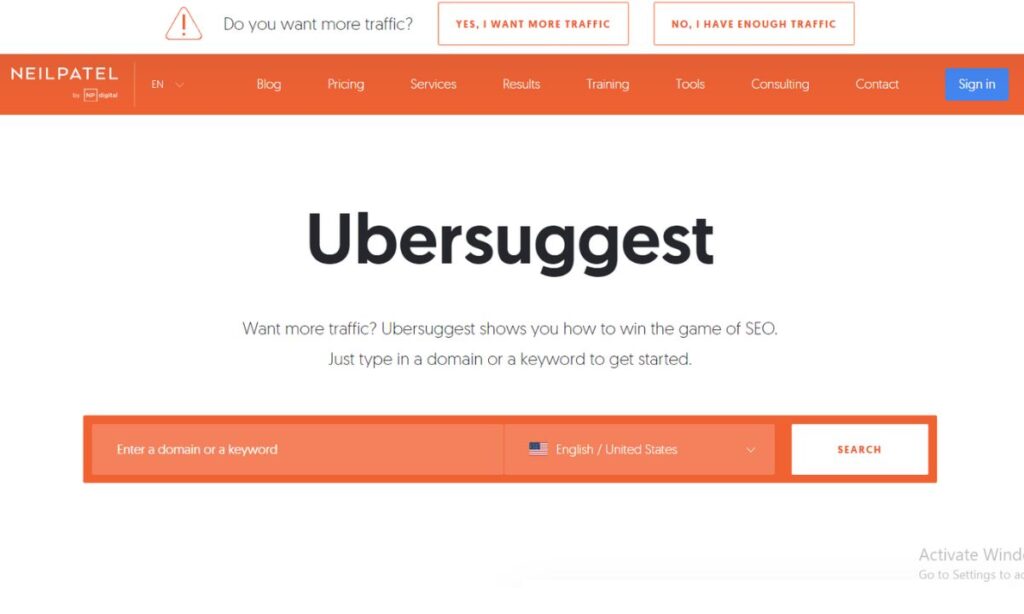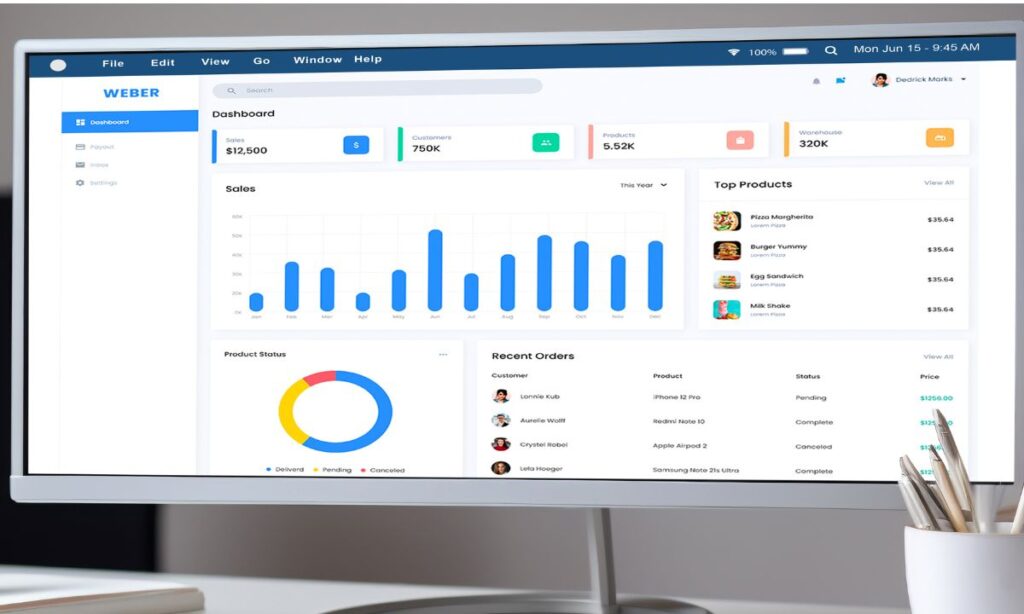Backlinks are one of the most talked-about aspects of search engine optimization (SEO). Yet, they remain shrouded in mystery and confusion for many. The myths surrounding backlinks often lead to misguided strategies that waste time, energy, and resources. In this blog post, we’ll tackle the most persistent myths about backlinks, separate fact from fiction, and help you create a more effective SEO strategy. By the end, you’ll have a clear understanding of what backlinks really are and how to use them to your advantage.
What Are Backlinks?
Before diving into the myths, let’s cover the basics. Backlinks, or inbound or incoming links, are links from one website to another. Think of them as votes of confidence from one site to yours. Search engines like Google consider backlinks as an indication of a website’s credibility, relevance, and authority. However, not all backlinks are created equal, and this is where the myths often come into play.
Common Myths About Backlinks
Myth 1: All Backlinks Are Equal
Why This Myth Exists:
Many people assume that a backlink is just a backlink—it doesn’t matter where it comes from as long as it’s there.
The Truth:
The quality of a backlink matters significantly. A link from a reputable, high-authority site is far more valuable than one from a low-quality or spammy website. Google’s algorithms are sophisticated enough to differentiate between quality and spam links, and a few high-quality backlinks can outweigh dozens of low-quality ones.
Actionable Tip:
Focus on earning backlinks from reputable websites in your niche. Building relationships with influencers, contributing guest posts, or creating high-value content can help attract quality links.
Myth 2: Backlinks Are No Longer Important
Why This Myth Exists:
Google has made numerous updates to its algorithm, leading some to believe that backlinks have lost their significance.
The Truth:
While Google uses many factors to rank websites, backlinks remain one of the top-ranking signals. According to studies, there is still a strong correlation between the number of quality backlinks a site has and its search engine ranking.
Actionable Tip:
Don’t ignore backlinks. While they shouldn’t be your only focus, a well-rounded SEO strategy that includes backlink building is crucial.
Myth 3: Quantity Over Quality
Why This Myth Exists:
It’s tempting to think that the more backlinks you have, the better your rankings will be.
The Truth:
Quantity means nothing without quality. Hundreds of links from irrelevant or low-quality websites can do more harm than good, potentially leading to penalties from search engines.
Actionable Tip:
Prioritize earning a few high-quality, relevant backlinks rather than amassing a large number of low-quality links.
Myth 4: Backlinks Should Come Only From High-Authority Sites
Why This Myth Exists:
Authority is often equated with quality, leading people to think that only top-tier websites matter.
The Truth:
While high-authority backlinks are valuable, links from smaller, niche-relevant sites can also be highly effective. These links often bring targeted traffic and signal relevance to search engines.
Actionable Tip:
Don’t overlook smaller, niche websites. Building relationships within your industry can lead to meaningful backlinks.
Myth 5: You Need to Pay for Backlinks
Why This Myth Exists:
Many companies and individuals offer paid backlink services, making it seem like paying is the only way to get links.
The Truth:
Paying for backlinks violates Google’s Webmaster Guidelines and can result in penalties. Organic, earned links are not only safer but also more sustainable in the long run.
Actionable Tip:
Invest in creating high-quality content that naturally attracts backlinks. Think “value first” rather than shortcuts.
Myth 6: Backlinks From Direct Competitors Are Bad
Why This Myth Exists:
It’s assumed that competitors linking to your site will harm their own rankings.
The Truth:
If a competitor links to your website, it’s usually because they find your content valuable. This type of backlink can actually enhance your authority and relevance.
Actionable Tip:
Don’t shy away from opportunities to collaborate or share links with competitors when it makes sense.
Myth 7: Anchor Text Doesn’t Matter
Why This Myth Exists:
Some believe that Google no longer considers anchor text as a ranking factor.
The Truth:
Anchor text still plays a role in SEO. However, over-optimizing anchor text with exact-match keywords can trigger penalties.
Actionable Tip:
Use natural, varied anchor text that accurately describes the linked content. Avoid stuffing keywords.
Myth 8: Backlinks Are Only About SEO
Why This Myth Exists:
Backlinks are often viewed purely as an SEO tactic.
The Truth:
While backlinks do impact SEO, they also drive referral traffic and can build brand awareness. The value of a backlink goes beyond just search rankings.
Actionable Tip:
Look for backlinks that can provide value beyond SEO, such as driving targeted traffic or establishing credibility in your niche.
Myth 9: Backlink Building Is a One-Time Task
Why This Myth Exists:
Some believe that once you’ve built backlinks, the work is done.
The Truth:
Backlink building is an ongoing process. Competitors are constantly working on their strategies, and link decay (the natural loss of backlinks over time) is a real phenomenon.
Actionable Tip:
Regularly audit your backlinks and continue building new ones to stay ahead of the competition.
Myth 10: Disavowing Links Solves All Problems
Why This Myth Exists:
The disavow tool is often misunderstood as a quick fix for any backlink-related issue.
The Truth:
Disavowing links is a last-resort option for dealing with spammy or harmful links. It’s not a substitute for proper backlink management.
Actionable Tip:
Use the disavow tool sparingly and only when necessary. Focus on earning quality links to offset any negative impact from poor-quality ones.
Final Thoughts
Backlinks are a vital component of SEO, but they’re often misunderstood. By debunking these myths, you can focus on strategies that genuinely work. Remember, quality always trumps quantity, and sustainable, organic efforts yield the best results.
Backlinks might not be the magic bullet for SEO success, but they’re an essential part of the puzzle. Keep learning, adapting, and building meaningful connections, and you’ll see the long-term benefits.
FAQs
1. What are backlinks, and why are they important?
Backlinks are links from one website to another. They act as votes of confidence, signaling to search engines that your content is valuable and trustworthy. Quality backlinks can boost your search engine rankings and drive referral traffic.
2. Are all backlinks equally valuable?
No, not all backlinks are created equal. A high-quality backlink from a reputable, authoritative website is much more valuable than multiple low-quality or irrelevant backlinks.
3. Do I need to pay for backlinks to improve my SEO?
No, paying for backlinks violates Google’s Webmaster Guidelines and can result in penalties. Instead, focus on creating high-quality content that naturally attracts backlinks.
4. Can backlinks from smaller websites still help my SEO?
Absolutely. While backlinks from high-authority sites are valuable, links from smaller, niche-relevant websites can also boost your relevance and bring targeted traffic.
5. How can I identify a high-quality backlink?
A high-quality backlink typically comes from a reputable, authoritative website within your industry. It should be contextually relevant and use natural anchor text.
6. Should I avoid backlinks from competitors?
Not necessarily. If a competitor links to your website, it’s often a sign that your content provides value. Such links can enhance your credibility and relevance.
7. Does anchor text still matter for backlinks?
Yes, anchor text remains an important factor in SEO. However, it’s crucial to use natural, descriptive anchor text rather than stuffing it with keywords.
8. Are backlinks still relevant in modern SEO?
Yes, backlinks are still one of the most significant ranking factors in SEO. They work alongside other factors like content quality, user experience, and technical SEO.
9. How often should I work on building backlinks?
Backlink building should be an ongoing effort. Regularly audit your backlink profile to identify opportunities for improvement and address issues like broken links or spammy backlinks.
10. What should I do if my website has spammy backlinks?
You can use Google’s Disavow Tool as a last resort to inform Google that you don’t want certain links considered in your ranking. However, focus on earning high-quality backlinks to offset any potential harm from spammy ones.

Welcome to Digital Profit Track, sharing insights on digital marketing, freelancing, and online earning.
Contact me at: team@digitalwsf.com




